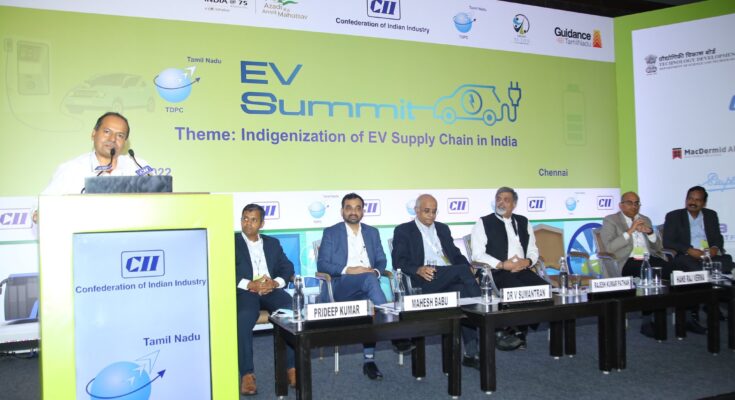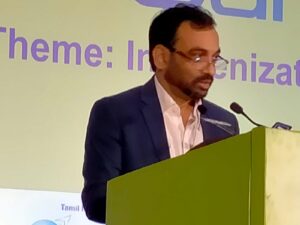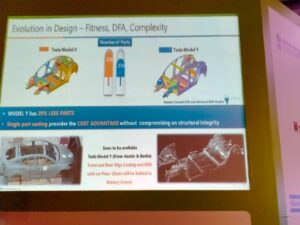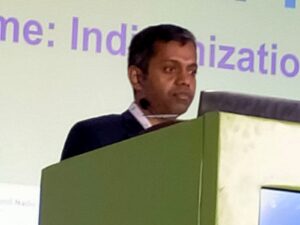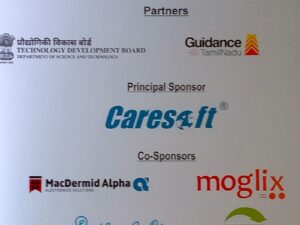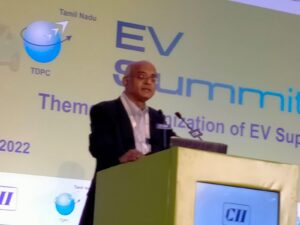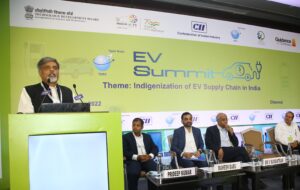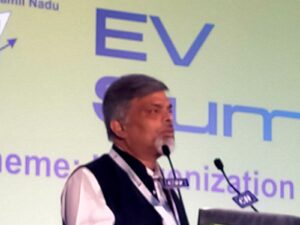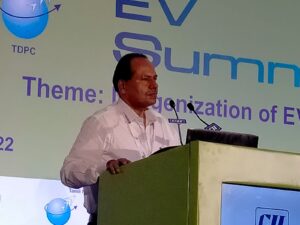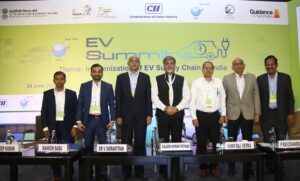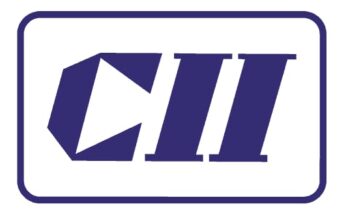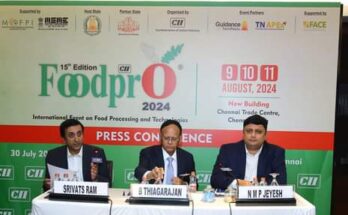Chennai is the EV Capital of India with two Industrial Clusters for Auto & EV industry’, says Hans Raj Verma
Technology Development Board offers Funds for EV Startups : Rajesh Pathak
Chennai, 24th June 2022, “The Hon’ble Chief Minister of Tamil Nadu has a vision to make Tamil Nadu a $1 Trillion econo my by 2030 and this can be made possible with the much-needed EV push. Tamil Nadu is a very vibrant economy and Ch ennai is the EV Capital of India apart from being called the Detroit of Asia. The Government welcomes EV companies to set shop and we are willing to assist them in every possible way”, said Mr Hans Raj Verma, IAS, Chairman & Managing Director, Tamil Nadu Industrial Investment Corporation Ltd, Government of Tamil Nadu at the EV Summit 2022 org ani sed by the Tamil Nadu Technology Development & Promotion Centre of Confederation of Indian Industry (CII) with the theme “Indigenization of EV Supply Chain in India” here today.
Tamil Nadu unlike other states has two auto and electronic industrial clusters complimenting and supporting each oth er. One of the clusters – the Sriperumbudur cluster has majors such as Hyundai and Foxconn while the second being the emerging Hosur-Krishnagiri-Dharmapuri cluster with players like Ola, Ather, and more establishing their presence.
Mr Rajesh Kumar Pathak IP & TAFS, Secretary, Technology Development Board, Department of Science & Technology, Gov ernment of India said that “The Technology Development Board is looking to fund and support disruptive technology including the EV Space.”
“We welcome startups including startups in the EV domain to share their proposals as the Rs.1000 crore Private-Public Partnership model for funding startups which would be launched shortly,” he added. He further said that the EV Summit was organized in the backdrop of the Government of India push to enhance national energy security, mitigate adverse environmental impacts from road transport vehicles and boost domestic manufacturing capabilities for Electric Vehicles. Additionally, with the Phase-II of the Faster Adoption and Manufacturing of Hybrid and Electric Vehicles (FAME) scheme to stimulate the market of EVs in the country, de-licensed the charging infrastructure business and specified guidelines & standards for charging infrastructure for electric vehicle thereby opening up the market of public charging infrastructure & ensuring a roadmap for development of charging infrastructure, and introduced various financial incentives to reduce upfront cost of EVs and charging infrastructure.
Mr Mahesh Babu, Chairman – EV Summit and Director & Chief Executive Officer, Switch Mobility said that “The Indian EV Industry has seen a fundamental transformation in the past decade and it is very critical for India to further transfor m in the coming decades. The current outlook for EVs is optimistic as the sector has seen the evolution of several trends that that are defining the growth of EVs. EV adoption can be seen across different vehicle segments as well as different business segments. The electrification of vehicles has started gaining momentum and has opened new mobility avenues for India to tap into. India is all set to position itself as one of the leading marketplaces for Electric Vehicles (EVS)”.
Dr V Sumantran, Board of Director, Switch Mobility Ltd. said that “India is a very different market when compared to oth er countries. It has been repeatedly seen in many domains and will be seen in the EV space too. The potential for EV in th e two-wheeler market should be tapped further as Indians use more of two wheelers compared to other vehicles. “To build a stronger ecosystem, companies should talk to each other, resulting in an exchange of ideas. A consortia should be formed to help the domain grow at a faster pace,” he added.
The Indian automobile industry is the fifth largest in the world and is expected to become the third largest by 2030. As per India Energy Storage Alliance (IESA), the Indian EV industry is expected to expand at a CAGR of 36% while NITI Aa yog aims to achieve EV sales penetration of 70% for all commercial cars, 30% for private cars, 40% for buses and 80% for two and three-wheelers by 2030.
“The key influencers for the Indian EV market to grow is the Range, Technology, Design Disruptions and Profit, said Mr Prideep Kumar, Assistant Vice President, Caresoft Global Inc. in his special address while Mr P Ravichandran, Past Chai rman, CII Tamil Nadu & President, Danfoss Industries in his Welcome address said, “Tamil Nadu should find its own space in the EV space even as the TN Government is keen to strengthen the EV industry while launching major schemes to pro mote indigenization of supply chain,” he added.
